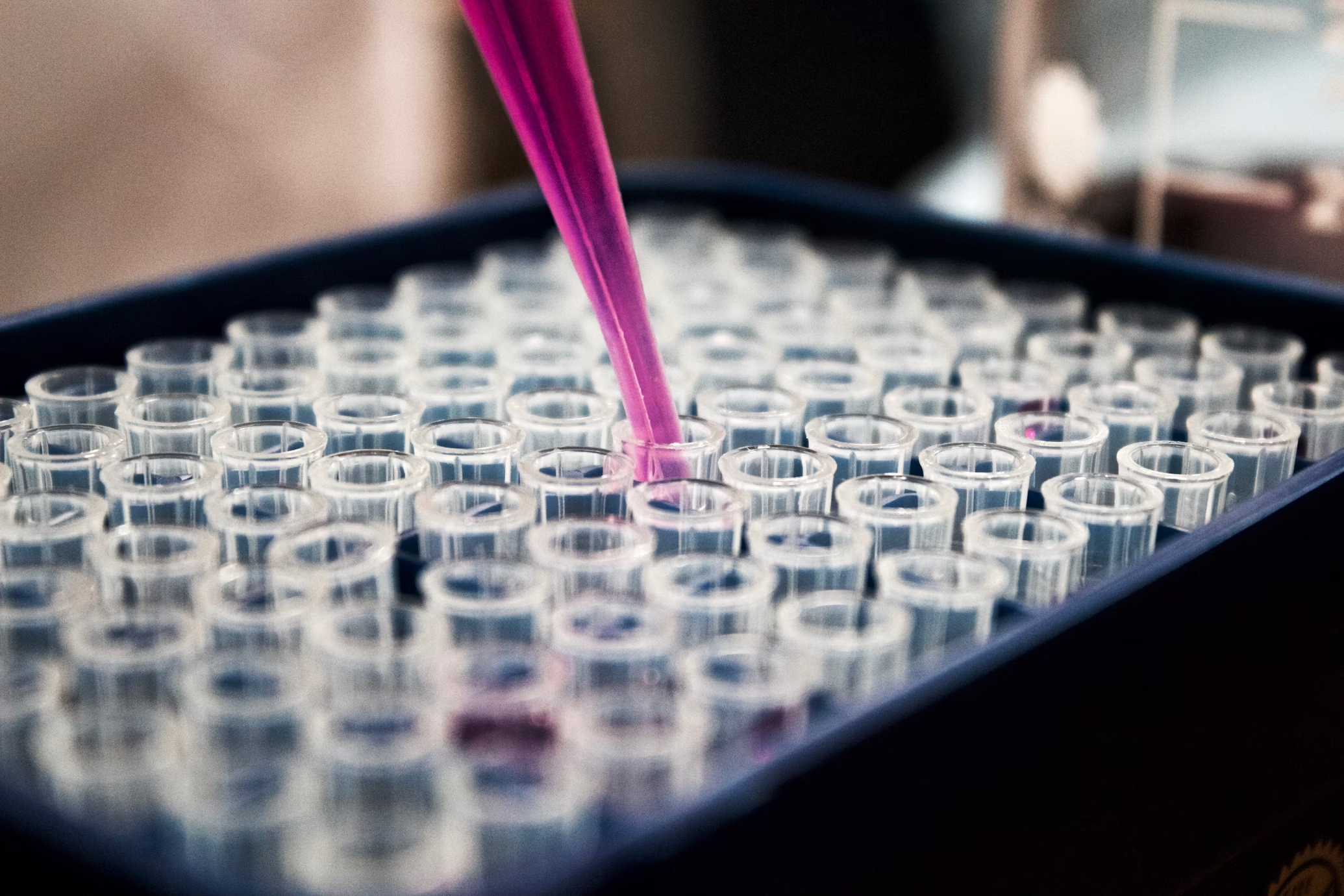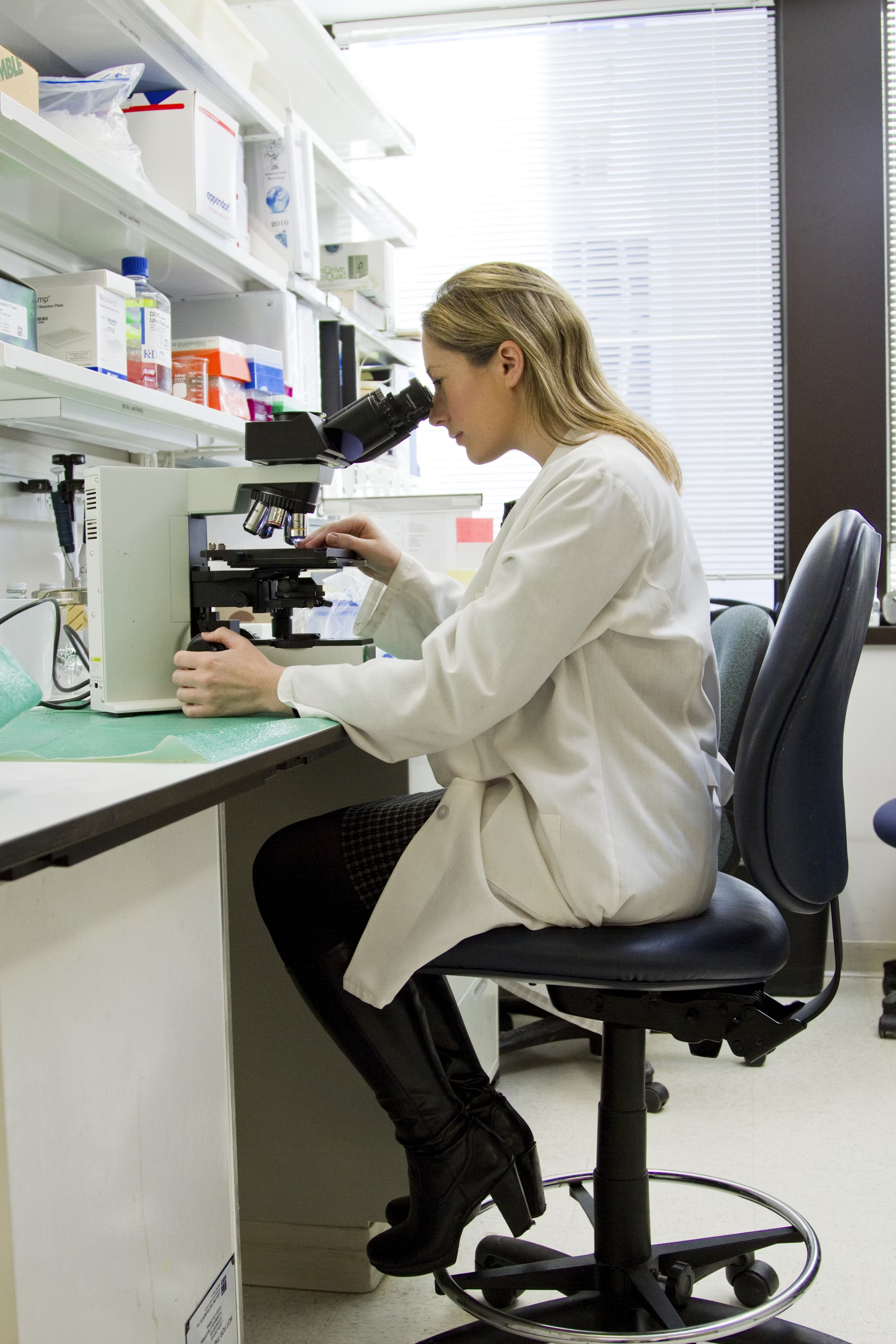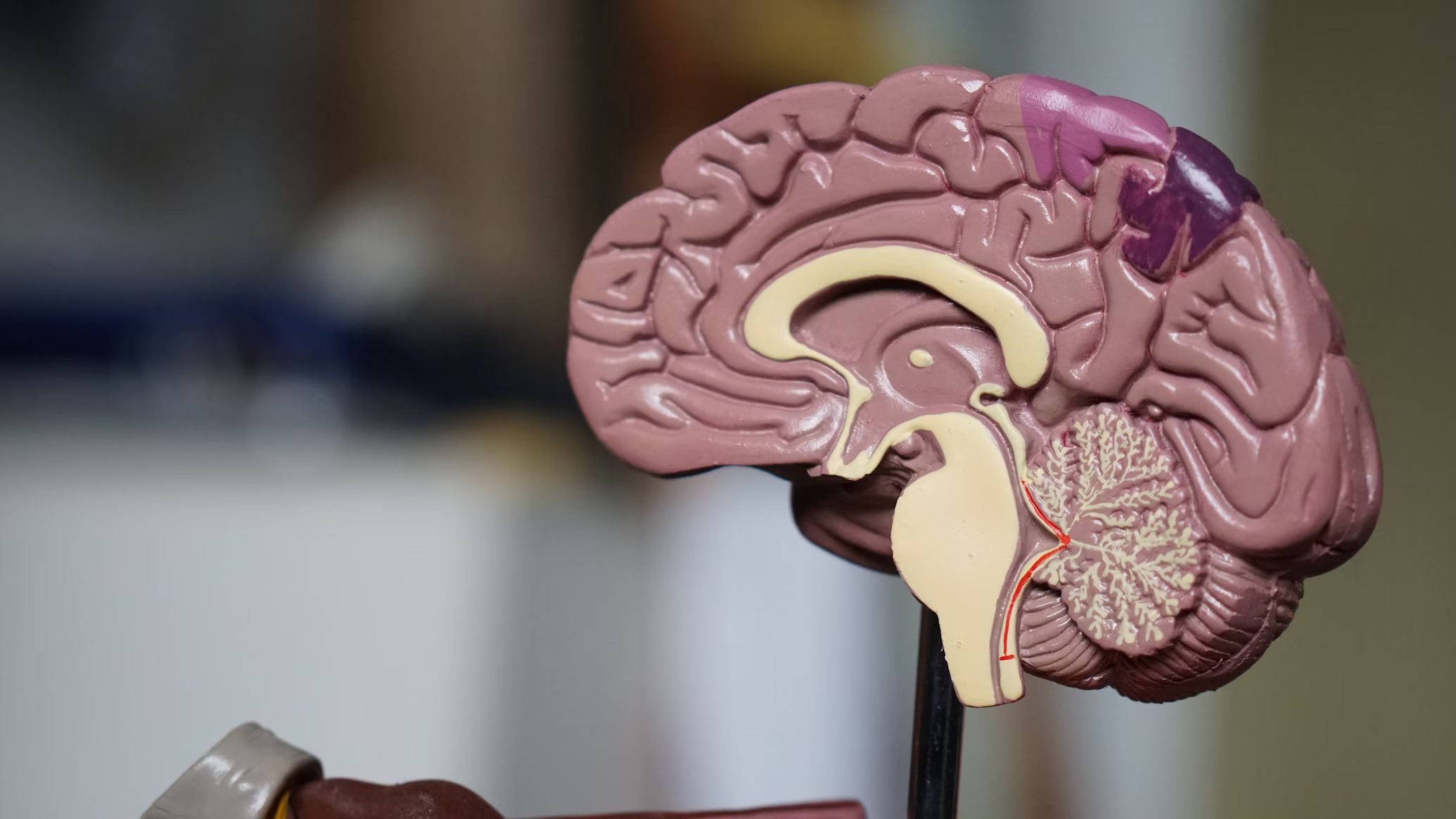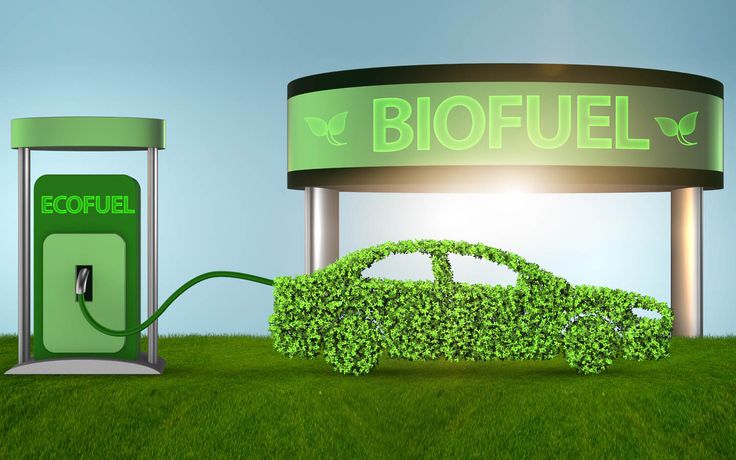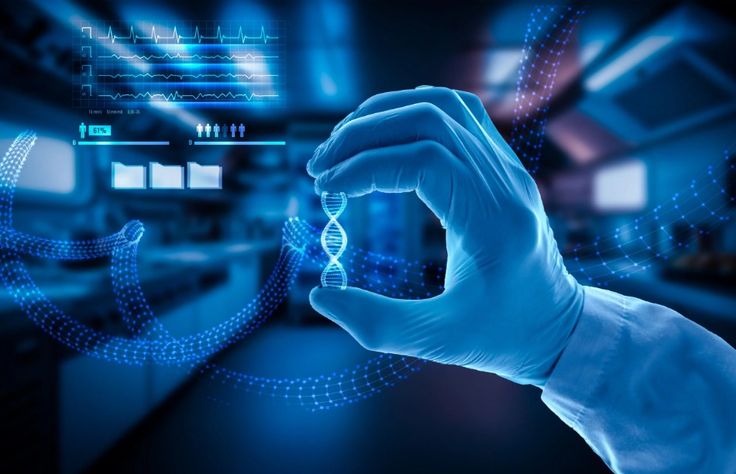The Fourth Industrial Revolution
Biotechnology is technology based on biology - it harnesses cellular and biomolecular processes to develop technologies and products that help improve our lives and the health of our planet.
For thousands of years, humans have used biological processes to improve their quality of life through agriculture, food production, and medicine. Modern biotechnology provides breakthrough products and technologies to combat debilitating and rare diseases, reduce our environmental footprint, feed the hungry, use less and cleaner energy, and have safer, cleaner, and more efficient industrial manufacturing processes.
Today, biotechnology is at the forefront of solving some of humanity's most pressing challenges, from developing new medicines to creating sustainable alternatives to petroleum-based products.
